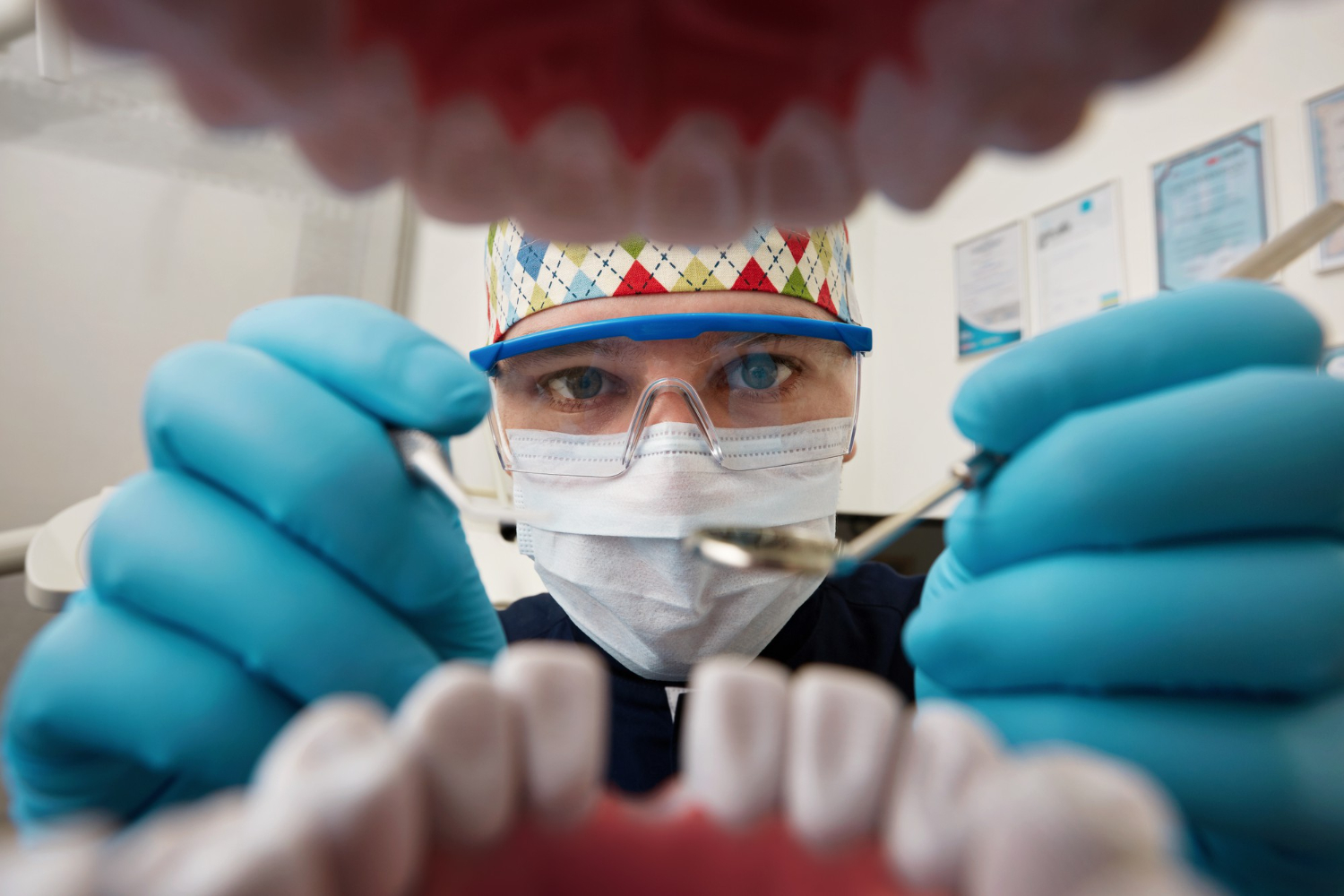Missing teeth don’t just affect your smile—they can impact your confidence, ability to chew, and long-term oral health. Dental implants have become the gold standard for permanent tooth replacement, but not all dental providers are equally qualified to perform implant procedures. While many general dentists offer implants, a dental implants periodontist specializes in this field and can offer the highest level of care, especially in complex cases.
In this article, we’ll explain what makes periodontists uniquely qualified, the benefits of working with one, and how they can help ensure your implant treatment is safe, stable, and long-lasting.
What Is a Periodontist?
A periodontist is a dental specialist trained in the prevention, diagnosis, and treatment of gum disease, as well as the placement of dental implants. They complete additional years of formal education after dental school, focusing specifically on the structures that support the teeth—including gums, bone, and connective tissue.
Because of their expertise in both surgical procedures and oral tissue management, periodontists are often the best choice for patients who need precise, stable, and long-term implant solutions.
What Are Dental Implants and How Do They Work?
Dental implants are small titanium posts that are surgically placed into the jawbone to act as artificial roots. Once the bone integrates with the implant (a process known as osseointegration), a crown is attached to create a natural-looking tooth replacement.
Implants can be used to replace single missing teeth, multiple teeth, or even a full arch of teeth using a dental implant bridge. The results are permanent, durable, and aesthetically pleasing.
Why Experience Matters in Implant Placement
Dental implant surgery is technique-sensitive, meaning precision is critical for success. While general dentists are trained in many areas of dentistry, periodontists are trained specifically in surgical procedures involving the gums and bone.
This surgical expertise means a periodontist is better equipped to handle complex cases such as bone grafting, sinus lifts, or patients with underlying conditions. Their familiarity with soft tissue management also helps ensure the final result looks natural and functions properly.
Better Outcomes with Bone and Gum Health Management
The long-term success of a dental implant relies heavily on the condition of the jawbone and surrounding gum tissue. A periodontist is specially trained to evaluate bone quality and treat gum disease—two key factors that can affect implant integration.
For patients who have experienced bone loss, a periodontist can perform bone grafting procedures to restore the site before implant placement. They also monitor gum health closely to prevent issues such as peri-implantitis, an infection that can lead to implant failure if left untreated.
Advanced Technology and Techniques
Many periodontists utilize cutting-edge technology to enhance the accuracy and comfort of implant placement. These tools include 3D cone beam imaging, digital impressions, guided implant surgery systems, and laser dentistry.
Advanced techniques such as computer-guided implant placement not only reduce the margin of error but also minimize recovery time and discomfort. By incorporating the latest tools and research-backed methods, periodontists are able to offer better precision and outcomes than providers with more general training.
Who Should Consider Seeing a Periodontist?
While many patients can have successful implants with a general dentist, there are several situations where it’s strongly recommended to see a periodontist:
-
You’ve lost significant bone or gum tissue.
-
You have a history of gum disease or are currently being treated for it.
-
You’re missing multiple teeth and need full-arch restoration.
-
You have medical conditions that could impact healing, such as diabetes or autoimmune disorders.
-
You’ve had previous implant failures.
If you're located in Texas, working with a Pearland dentist who partners with or refers to a periodontist can ensure you receive both comprehensive care and specialized treatment.
Comparing a General Dentist vs. a Periodontist for Implants
While general dentists can legally place implants, periodontists bring an additional level of surgical training, case planning, and post-operative care. General dentists may be ideal for simple, single-tooth cases in healthy patients. However, for those with more complex needs—such as bone loss, infections, or full-mouth reconstruction—a periodontist provides a higher level of confidence and safety.
Many periodontists work closely with general dentists to create a comprehensive treatment plan that includes both the surgical placement of the implant and the final crown restoration.
Cost vs. Value: Why It’s Worth the Investment
It’s true that choosing a specialist may have a slightly higher upfront cost. However, the value of working with a periodontist becomes clear in the long run. Fewer complications, lower risk of implant failure, and better aesthetic results can save you from additional procedures or corrections in the future.
When you invest in something as important as your smile, choosing the most qualified professional is worth every penny.
How to Choose the Right Dental Implants Periodontist
When selecting a periodontist for your implant treatment, look for these key indicators:
-
Board certification and credentials
-
Experience specifically in implant procedures
-
Access to modern technology like 3D imaging and guided placement
-
Transparent pricing and clear treatment planning
-
Positive reviews and before/after photos from real patients
Don’t hesitate to ask questions about their experience and success rate. A good periodontist will take time to explain your options and address your concerns thoroughly.
Conclusion and Next Steps
Tooth replacement is more than just a cosmetic fix—it’s an investment in your long-term oral health and quality of life. Choosing a dental implants periodontist ensures you receive expert surgical care, advanced technology, and a higher likelihood of long-lasting results.
If you're considering dental implants, start by consulting with a periodontist or a trusted Pearland dentist who works alongside implant specialists. Whether you're replacing a single tooth or need a complete dental implant bridge, specialized care can make all the difference in your outcome.



